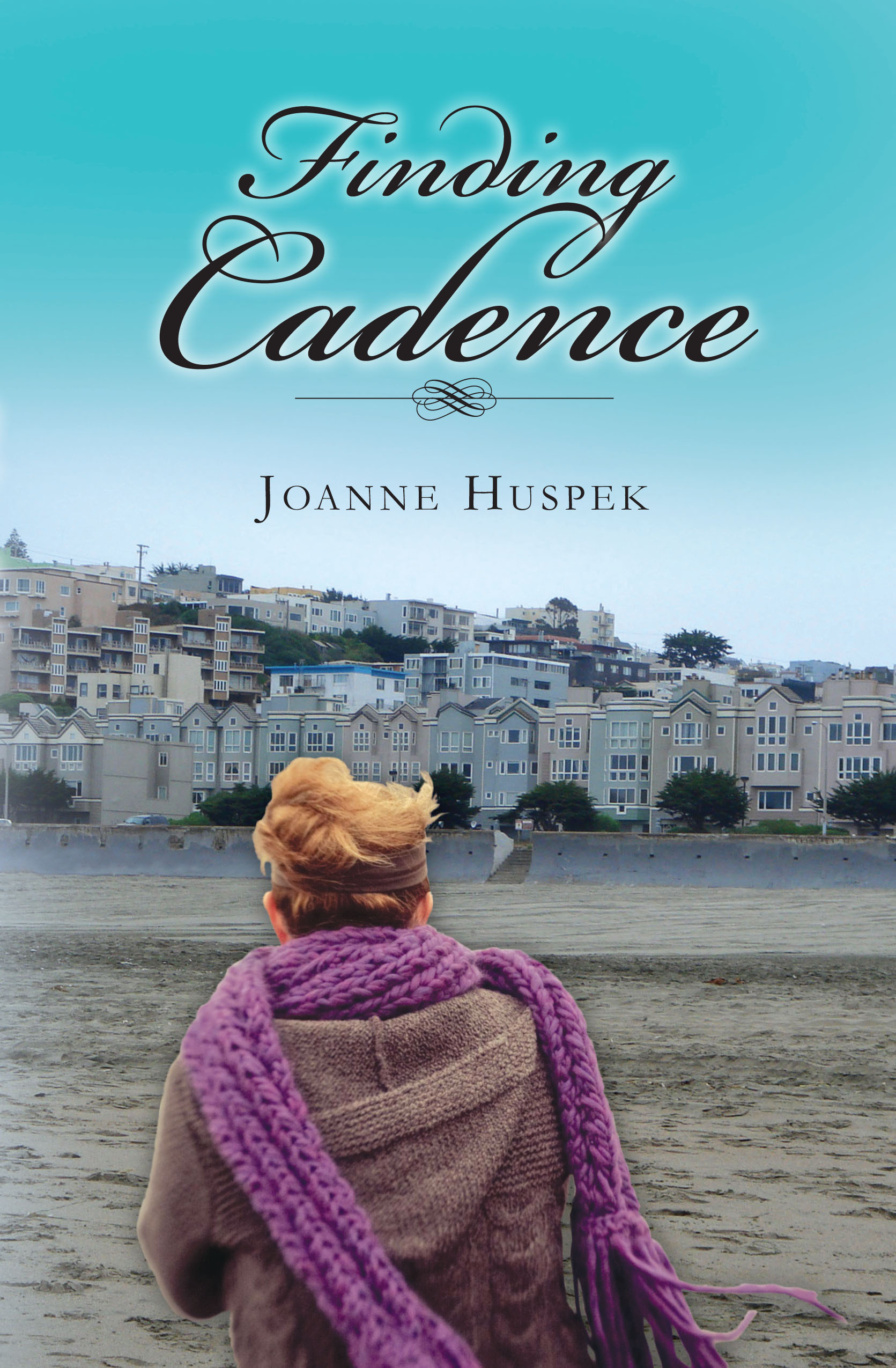I know. I am pitifully behind. That’s because I’m semi-recently returned from the 2013 San Francisco Writers Conference. Thanks to this great conference, my head is *b-u-r-s-t-i-n-g* with ideas. Unfortunately, having been out of town for over a week, the other areas of my life are bursting as well.
Before I forget, I would like to relay the best advice on storytelling that I have ever received, thanks to a SFWC workshop lead by Mary Knippel and Teresa LeYung-Ryan. These are two, very smart ladies, and I don’t love them because Mary and I shared lunch and Instagrams of Mark Hopkins’ famed room service hamburgers, or that Teresa is so effusive, she dragged me into a photo after last year’s workshop.
Are you ready? Because this is the wisest sentence I’ve ever heard about writing:
Someone we care about wants something very badly and is having a difficult time achieving his/her goal.
Honestly, it was a lightbulb-over-the-head moment. (Yes, I know. I’m slow. That’s already been established.)
Wiser words have never been spoken. Okay, so you can study hard and obtain a Masters of Fine Art in literature. You can take all the classes on story arcs and layering and the intricacies of denouement the world has to offer. You can belong to the critique group made in heaven (I’d have Edgar Allen Poe, Ayn Rand, and Carly Phillips in my fantasy crit group), or to national writers organizations. You could line the basement walls with past issues of Writers Digest. You might even be able to lock yourself in a room for eight hours straight with no internet and no distractions and tap at the keyboard until your fingers atrophy. You can hang out at conferences and learn from the best.
You can do all these things and more, but if your story cannot be told in this simple sentence, you don’t have a compelling story.
I grew up eons ago, when creative writing teachers claimed a good story had to have conflict – man against man, man against nature, or man against himself. I’m also a fervent believer of having a beginning, a middle, and an end. (You wouldn’t believe some of the writing I’ve read that has none of this.)
Someone we care about [protagonist] wants something very badly [possible end result] and is having a difficult time [the journey] achieving his/her goal.
It’s so simple, I’m wondering why I’d never considered it before. Like, DUH. No wonder I had a difficult time writing the first novel. (By the second one, I’d kinda-sorta figured it out. By the third, I’d fleshed out stories for each of my characters before sitting down to write.)
My new mantra also makes for an excellent measurement for the casual elevator pitch or for the first sentence of a query letter. Breaking down your story to its most basic form (a single sentence) crystallizes the concept, making it easy for the prospective agent to see what the heck your story is about.
I spent the plane ride back to Detroit devising a simple sentence to explain each of my novels. See?
Finding Cadence:
After her husband dies, Cadence Reed tries to find a new normal, but confronted with Carter’s secret life and with finances in disarray, she battles a powerful attorney (and once friend) for control.
Virtually Yours:
A bereaved parent wants to get closer to an online moms’ group, but traverses a minefield of secrets that could blow up the friendship, until the truth finally comes out.
Virtually Yours Forever:
Janna and Ashe are (finally) getting married – that is, if she can lose ten pounds, if Ashe can get over his cold feet, and if the Virtual Moms can book flights through a Snow-maggedon Nor’easter.
Acorns and Oaks:
Amberly Cooper escapes frozen Michigan to her tony life in LA despite a few minor roadblocks: her grandma is crazy, her mom doesn’t want to leave, her Cali friends are uninspired, and oh…she’s 14.
While these aren’t perfect, completing this exercise helped focus my attention on the story, the guts of the matter.
Everything else is icing.







